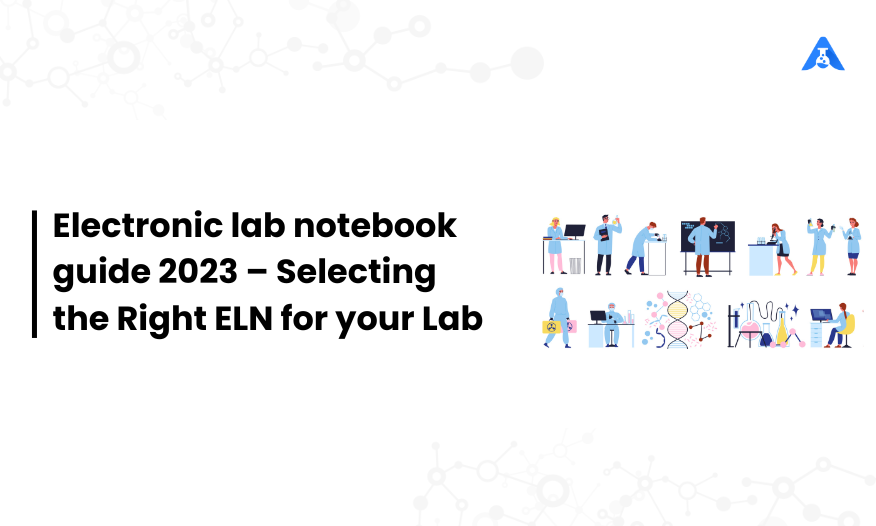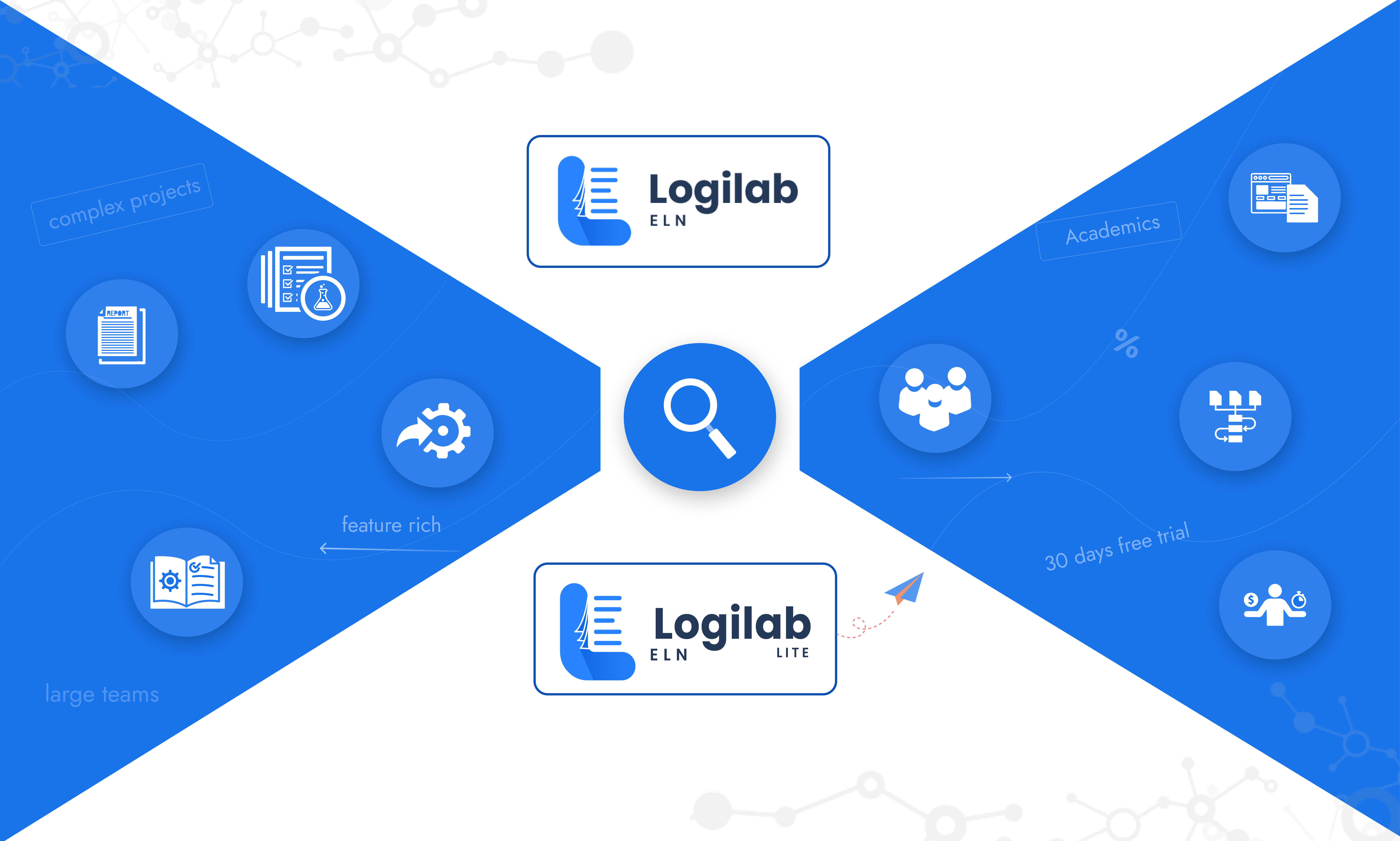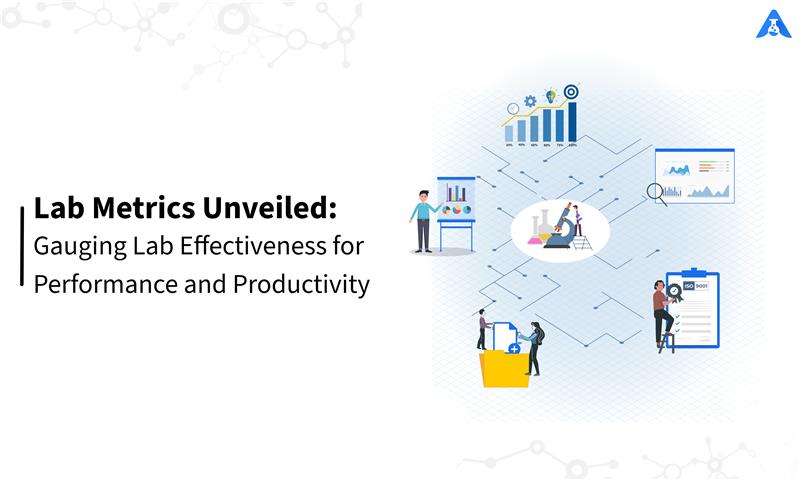An electronic lab notebook (ELN) is a computer system designed to replace paper laboratory notebooks. Lab notebooks are generally used by engineers, scientists and technicians to document research, experiment and procedure performed in the laboratory. A lab notebook is often maintained as a legal document and may be used in a court of law as evidence.
There are few questions that can make the process of choosing the right ELN easier:
- Do you need to take notes in digital form or require other functionalities as well: ELNs are more lab-oriented? Most of these enable the laboratory users to take notes, they just place them within proper position in the overall data structure. Once the users get to know the logic and the structure of the software, taking down notes can be intuitive.
- Overall ease of use: It is recommended to use Electronic Lab Notebook that does not require complex integration or intensive training before you use them.
- Once the lab data is in ELN, it enables search options that allow the users to search through all the stored laboratory data: Finding data easily and displayed in a comprehensive manner. Advanced search is one of the best advantages of ELN.
- Can you import different data formats e.g. .txt, .xls, .jpeg, .pdf, Microsoft Office, OpenDocument and other files?
The main purpose of digital notebooks should be to organize your research i.e. to be able to save lab notes, different file types, pictures, figures and everything else all in one place. - Can you create reports with an ELN?
What is really useful is a fast and easy way to summarize laboratory testing or research results or project activity for the meetings, supervisors, partners, or grant reports. Nobody really likes to spend time on writing. - Does your lab need to keep paper records as well as electronic ones?
Whether it is because it is needed to keep paper records as well as digital, or for reporting on a project – printing lab data out can be required every once in a while, so it is good to make sure to be able to do it when needed. - Can you create your lists of items and connect them to your experiments?
It is good to know if the items from lab inventory can be linked with lab’s experimental data, so it is always known what has been used in which experiment, and which results were produced. - Cloud or local installation: What to choose?
To explain it simply, the main difference between the cloud and local server is the location of the machine. The cloud means that the data will be safely saved on remote servers provided by one of the established cloud providers, for example Amazon, Microsoft Azure, etc.. Established cloud service providers do have high level security protocols in place. Technically speaking, everything that the lab organization stores in the cloud environment, it can be accessed by labs authorised users without losing ownership or rights to the dataSome ELN vendors also offer the possibility to install ELN locally on lab organization’s servers.. It is possible that cloud solutions are not accepted by certain lab organizations as a policy. In all cases local installation brings some additional costs, including additional support and maintenance costs. Features available for the local installation may also be different to those available in the cloud version. - How many people from your lab would use the Electronic Lab Notebook i.e. do you need a system that will support your lab’s growth in the future?
If the lab is planning to grow in the upcoming years, it is also good to check how the ELN could support that. In addition, if it is a larger organization, site licenses might be available as well. - How are you currently exchanging information with your team?
If it is necessary to exchange information regarding lab work with the colleagues, supervisors, clients or even students, a good addition to the ELN are the functionalities that would allow the users to collaborate within the platform and avoid countless emails.





